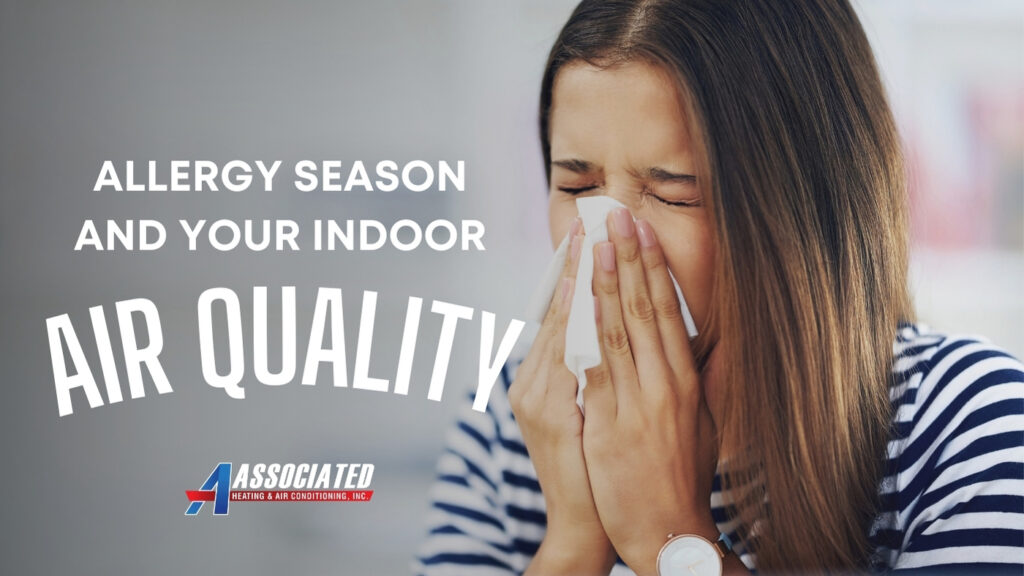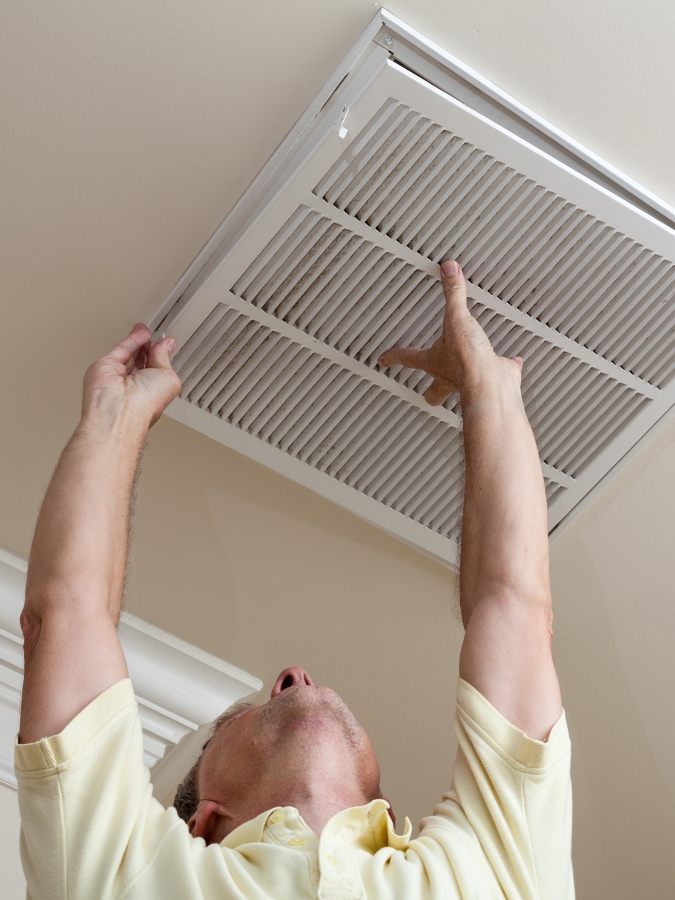
When flowers start blooming in the Willamette Valley, so does our dreaded allergy season. This causes discomfort for many people in our area. While we can’t do anything to control the pollen levels outdoors, we can take steps to make our indoor spaces a sanctuary from allergens. The most effective way to combat allergies indoors is by optimizing your HVAC system to improve your indoor air quality (IAQ). Let’s explore some things you can do this season!
IDENTIFYING COMMON ALLERGEN CULPRITS
POLLEN: Pollen grains are released by trees, grasses, and weeds- particularly during the spring and summer months. These invasive allergens can easily enter homes through open windows, doors, and even on our clothes and shoes.
DUST MITES: These microscopic creatures thrive in warm and humid environments. They feed on dead skin cells and can be found in bedding, upholstered furniture, carpeting, and rugs.
PET DANDER: Despite our love for our furry family members, pet dander (tiny flecks of skin shed by animals) is a very common allergen. It can become airborne and settle on surfaces throughout the home.
MOLD SPORES: Mold grows in damp areas, such as bathrooms, basements, and around leaky pipes. When they become airborne, mold spores can trigger allergic reactions.
INDOOR AIR POLLUTANTS: Household products, such as cleaning supplies, paints, and air fresheners, can release volatile organic compounds (VOCs). This contributes to poor indoor air quality.
HVAC FILTERS: YOUR FIRST LINE OF DEFENSE
One of the most straightforward ways to improve indoor air quality in your home is by regularly replacing your HVAC filters. Airborne particles get trapped in these filters, preventing them from circulating throughout your home. We recommend high-efficiency particulate air (HEPA) filters, as they can catch up to 99.97% of particles as small as 0.3 microns.
MAINTAINING YOUR HVAC SYSTEM
Regular maintenance is crucial for ensuring your HVAC system operates efficiently. Schedule annual tune-ups with Associated Heating & Air Conditioning to check for any issues and ensure optimal performance. This includes cleaning coils, checking refrigerant levels, and inspecting ductwork for leaks and blockages.
VENTILATION MATTERS
Proper ventilation is essential for reducing indoor air pollutants. Ensure your home has adequate ventilation by using exhaust fans in bathrooms and kitchens. We also recommend periodically opening windows when outdoor pollen levels are low.
CONSIDER AIR PURIFIERS
For an extra layer of protection against allergens, consider investing in an air purifier. These devices work alongside your HVAC system to continuously filter the air, removing even the smallest particles that escape your HVAC filter.
HUMIDITY CONTROL
Maintaining the right humidity levels can also impact your indoor air quality. High humidity can promote mold growth, while low humidity can dry out mucous membranes, making you more susceptible to allergens. Use a humidifier or dehumidifier to keep humidity levels between 30-50%.
IN CONCLUSION…
While allergy season can be challenging, you don’t have to suffer indoors. By taking proactive steps to improve your HVAC system’s performance and indoor air quality, you can create a healthier and more comfortable living environment for you and your family. Remember, prevention is key, so start implementing these tips today to breathe easier tomorrow. We hope that you found this blog post to be educational and helpful! Feel free to share the link with your friends and family!

